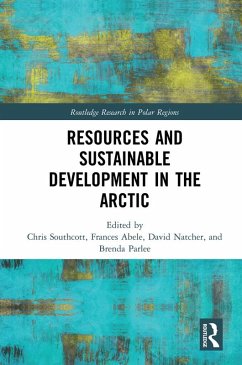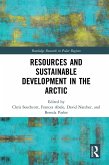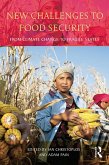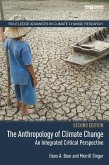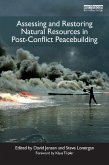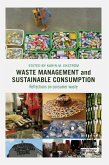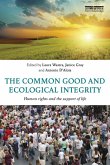Over the past thirty years we have witnessed a demand for resources such as minerals, oil and gas which is only set to increase. This book examines the relationship between Arctic communities and extractive resource development. Authors examine this relationship to better understand what, if anything, can be done in order for the development of non-renewable resources to be of benefit to the long-term sustainability of these communities.This book is a summary of issues surrounding resource extraction in the Arctic, and will be an essential reading for anyone interested in environmental impact assessments, globalization and Indigenous communities, and the future of the Arctic region.
Dieser Download kann aus rechtlichen Gründen nur mit Rechnungsadresse in A, B, BG, CY, CZ, D, DK, EW, E, FIN, F, GR, HR, H, IRL, I, LT, L, LR, M, NL, PL, P, R, S, SLO, SK ausgeliefert werden.

